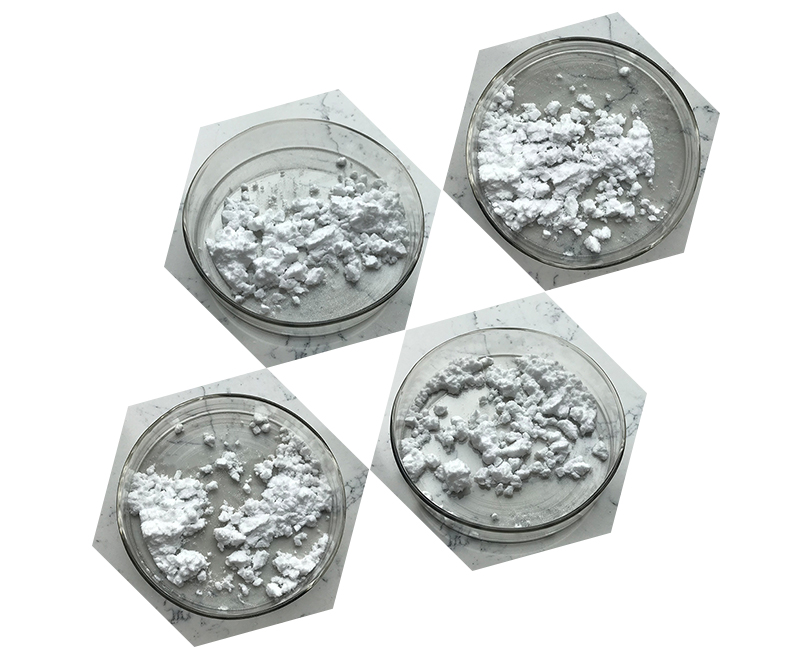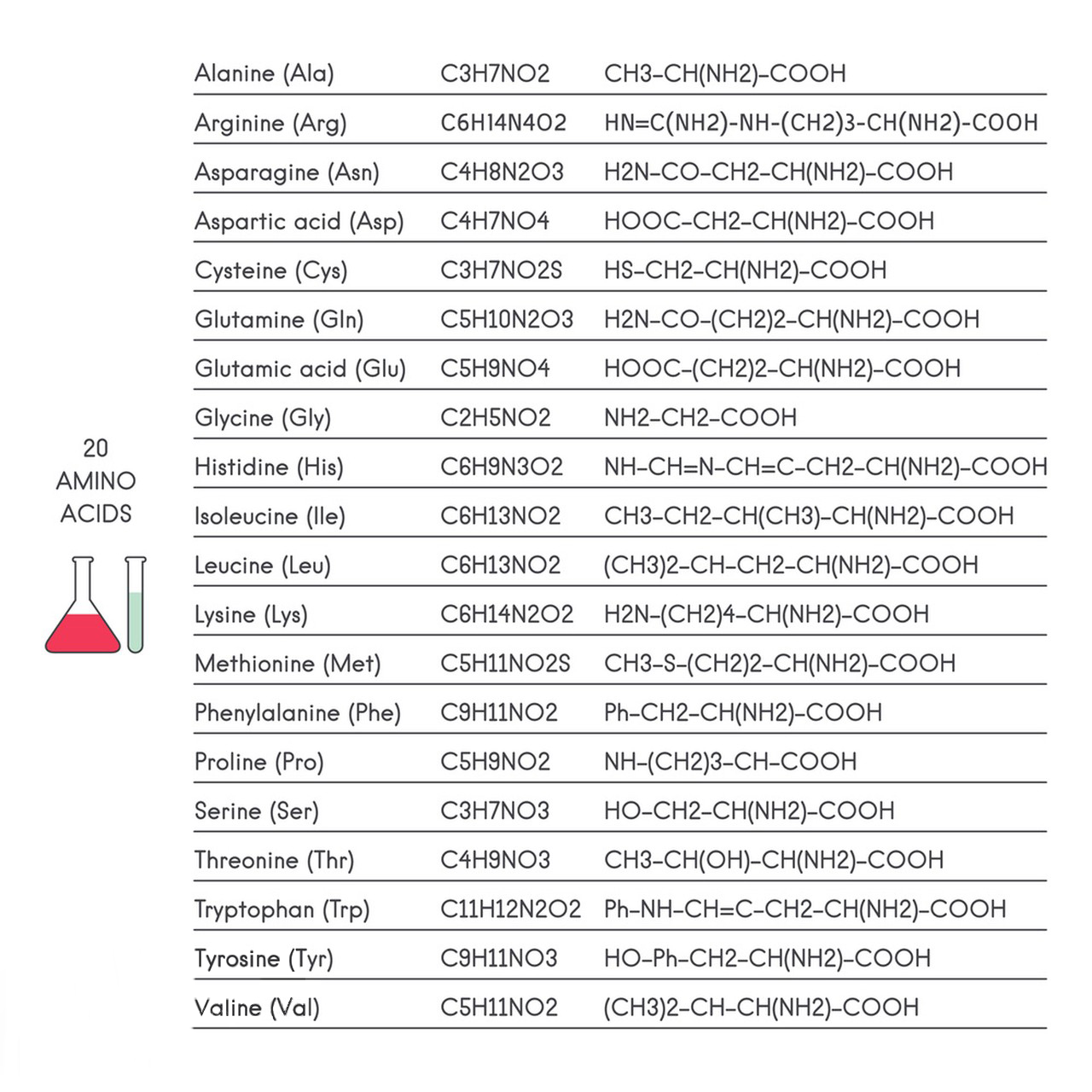L-Glutamic acid is a non-essential amino acid that plays several important roles in the human body. It is also used in various applications outside of human biology.
Applications of L-Glutamic Acid
Neurotransmitter: In the human body, L-glutamic acid functions as a neurotransmitter, which means it helps transmit nerve impulses in the brain. It is an excitatory neurotransmitter and is involved in learning, memory, and cognitive functions.

Flavor Enhancer (Monosodium Glutamate – MSG): One of the most well-known applications of L-glutamic acid is as a flavor enhancer, often in the form of monosodium glutamate (MSG). MSG is commonly used in the food industry to add a savory or umami taste to dishes. It is often used in soups, sauces, snacks, and processed foods.
Nutritional Supplements: L-glutamic acid is sometimes used as a dietary supplement. It is believed to have potential benefits for conditions like muscle recovery, digestive health, and immune support. However, it’s essential to use supplements under the guidance of a healthcare professional.
Food Production: L-glutamic acid and its salts, such as calcium and potassium glutamate, are used in food production to enhance the flavor of various products. These glutamate salts are considered safe for consumption and are used to improve the taste of canned and packaged foods.
Pharmaceuticals: L-glutamic acid is used in the pharmaceutical industry as a component in the formulation of certain drugs. It can serve as a stabilizer, buffering agent, or chelating agent in drug formulations.
Biotechnology: L-glutamic acid is used in biotechnological applications, particularly in the production of various amino acids through fermentation processes. It serves as a precursor for the biosynthesis of other amino acids.
Cosmetics and Skin Care: L-glutamic acid and its salts are used in cosmetic and skincare products for their moisturizing and hydrating properties. They can help improve the texture and appearance of the skin.
Research and Laboratory Applications: L-glutamic acid is used in laboratories for various research purposes, including cell culture and as a component in various biochemical assays.
Flavoring Agents: Apart from its use as a flavor enhancer in food, L-glutamic acid is used to add a savory taste to various products, including condiments, seasonings, and snack foods.
Animal Nutrition: L-glutamic acid is included in animal feeds to improve the nutritional content of the feed and promote animal growth and health.

It’s important to note that while L-glutamic acid is generally considered safe for consumption and has various applications, excessive intake of MSG or glutamate-containing products can lead to adverse reactions in some individuals, such as the “Chinese restaurant syndrome.” Therefore, it’s essential to use it in moderation and be aware of any potential sensitivities or allergies.
